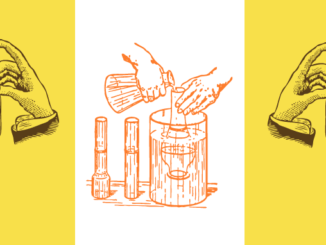
Game Mechanics in Serious Games
How do the use of game mechanics relate to learner engagement in the context of serious games? Does more game experience necessarily mean greater engagement? […]

How do the use of game mechanics relate to learner engagement in the context of serious games? Does more game experience necessarily mean greater engagement? […]
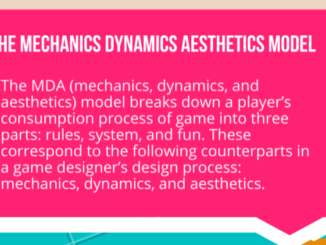
The MDA model breaks down a player’s consumption of the game into three parts, rules, system and fun. These correspond to Mechanics, Dynamics and Aesthetics […]

Educational games are designed explictly for education, whereas games-based learning claims that play and learning are the same
[…]
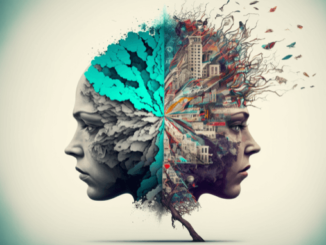
The ‘Magic Circle’ of games enables many things. One that is important, from a learning perspective, is the opportunity to step into the shoes of other people. […]

Kingmaking in game theory concerns the end game scenario where a player is able to make a winning move for another player – when they cannot themselves win. […]
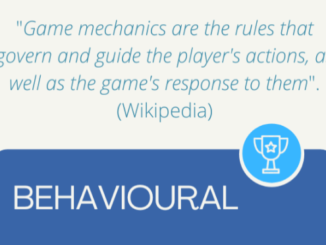
Game mechanics are the rules that govern and guide the players actions, as well as the game’s response to them. This post categorises those mechanics. […]
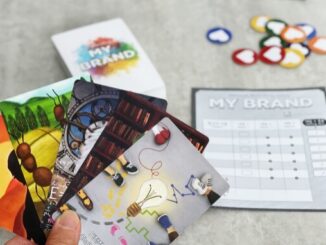
For directly experiencing and trying something together… and learning with inspiration, educational board games are an innovative area with a bright future. […]
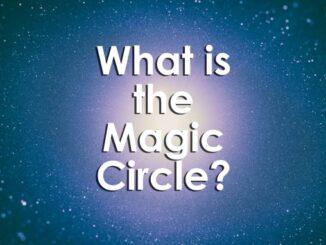
The magic circle is a place where different rules govern our existence, actions, and consequences. But what is the magic circle and where does it exist? […]

An infographic compiled from Dive Deeper: Empirical Analysis of Game Mechanics and Perceived Value in Serious Games, looking at how purpose increases pleasure. […]

Orienteering isn’t something kids can do by themselves.They need a whole team to work together to get to the next objective. […]
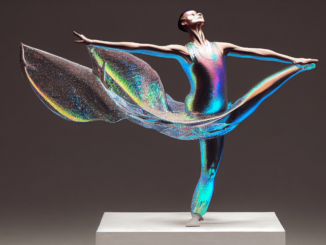
Thi Nguyen’s book, ‘Games: Agency as Art’ offers us a framework for learning games that focuses on our tools and their potential, and what we can do for players […]
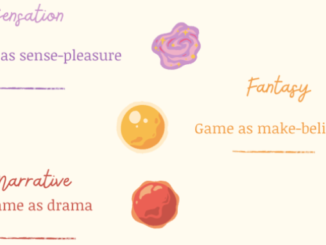
Aesthetics are the experience that players want to get from playing the game. They are the purpose of playing the game. This shows commonly used aesthetics. […]
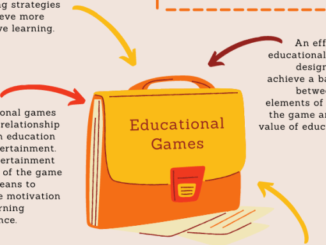
This infographic summarises Learning Models in Educational Game Interactions: A Review – which is a literature review by Syahidi, Supianto, Hirashima and Tolle […]
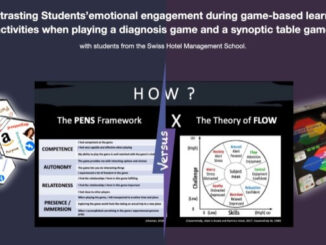
Using the Theory of Flow and the PENS model of player experience, this study explores differences in types of experiences depending on the games being played. […]

Around 58% of mobile games are puzzles, mostly playable in single-player mode. They are shown to improve cognitive functions, reduce anxiety and enhance memory. […]
Ludogogy 2025